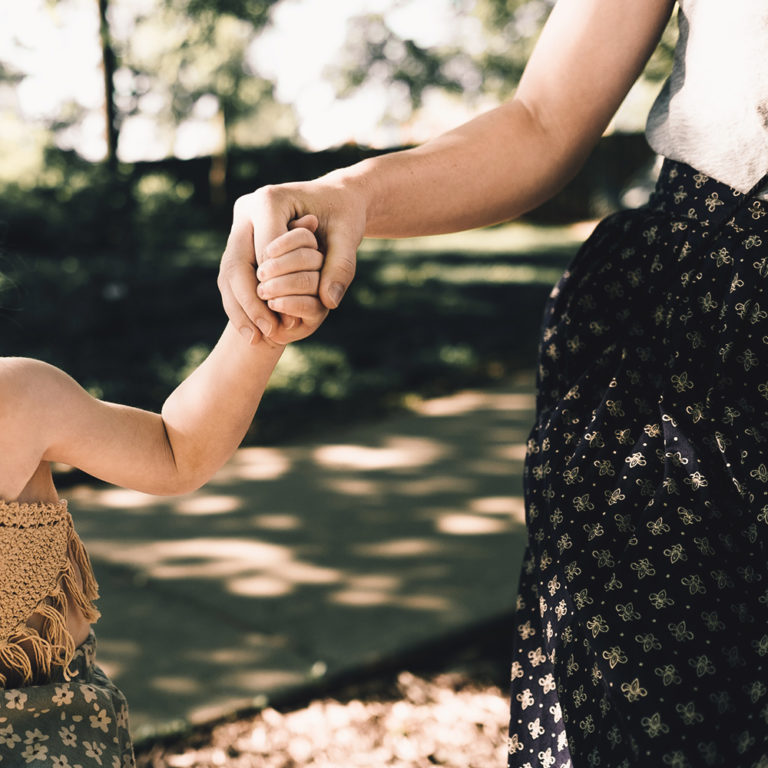As a kid growing up I used to fear the dark. I would sleep with a night-light on, and when I was older (*cough, cough* a teenager) I insisted that the passage light remained on during the night, so that I could dimly see what was around me. Because I have quite an active imagination, I would picture all sorts of things lurking in the dark. Which always left me feeling anxious and fearful at night.
Now that I am in my thirties, I still have moments where the dark gets the best of me, and I have to quickly put the lights on, as a means of putting my over active imagination back in its place.
The dark spaces
There is something about not knowing what could possibly transpire within dark spaces. The thought of something lurking in the darkness ready to pounce and attack us when we are at our most vulnerable, is an overwhelming if not daunting thought.
Just as we can fear the actual dark, we too have hidden internal fears that we keep secret within our hearts. It may be fears, insecurities, doubt, hurt, or any lingering unwelcome thought or feeling that roots itself in our hearts and wrestles with us when in those secret dark spaces.
The power of the light
When I need to navigate my way through the house during the night, I can very easily switch on a light or use my phones torch to light the way. If I try to find my way through the dark with no help, chances are I will walk into something (or in my case – crash into something) and I won’t feel confident, as I won’t be able to see exactly where it is that I am going, or what I am doing.
If I try to do things in the dark, chances are I will get lost, it will take longer, and probably it will end up making me feel more stressed and anxious. But, when I put the lights on – I see everything clearly, and know exactly where I need to go. Therefore, I will have direction, purpose, and feel confident and calm when accomplishing whatever it is that I need to do.
A holy shakeable light
It’s the same with us, and all the things we keep tucked hidden in our hearts. Those not so nice things that end up haunting us, and leave us feeling anxious, fearful or disheartened. However, when we confess with our mouth out aloud those fears, or thoughts, we almost feel a sense of release, like we can breathe again.
Why?
Because we brought what was hidden, what was weighing on us, into the light. Bringing things to the light, and out in the open allows us to feel free from the clutches of darkness. Darkness along with its lies is very deceiving, and leaves us to, believe, think and feel otherwise.
In the Bible says:
“The light shines in the darkness, and the darkness can never extinguish it.” – John 1:5
When we bring our mess, our fears and all the little hidden secrets that weigh on us into Gods Holy wonderful light, darkness has to flea. We can do this through praying to God, and confessing with our mouth the very things that weigh on us. We can ask God to free us from the darkness’ lies, and ask Him to empower and heal us as we move forward walking in His Holy light. We can reach out to close friends who can encourage and pray for us as we courageously move forward in freedom and hope that Gods light brings with Him.
Do not let those hidden fears cause you to suffer in silence in the darkness. Let God restore, and shine a light in those dark spaces. Let His love restore and redirect you from the darkness into his Holy light. If this post spoke to you and you would love to know more about walking in Gods truth, love, and Holy light, then may I encourage you to click on the banner link below.










